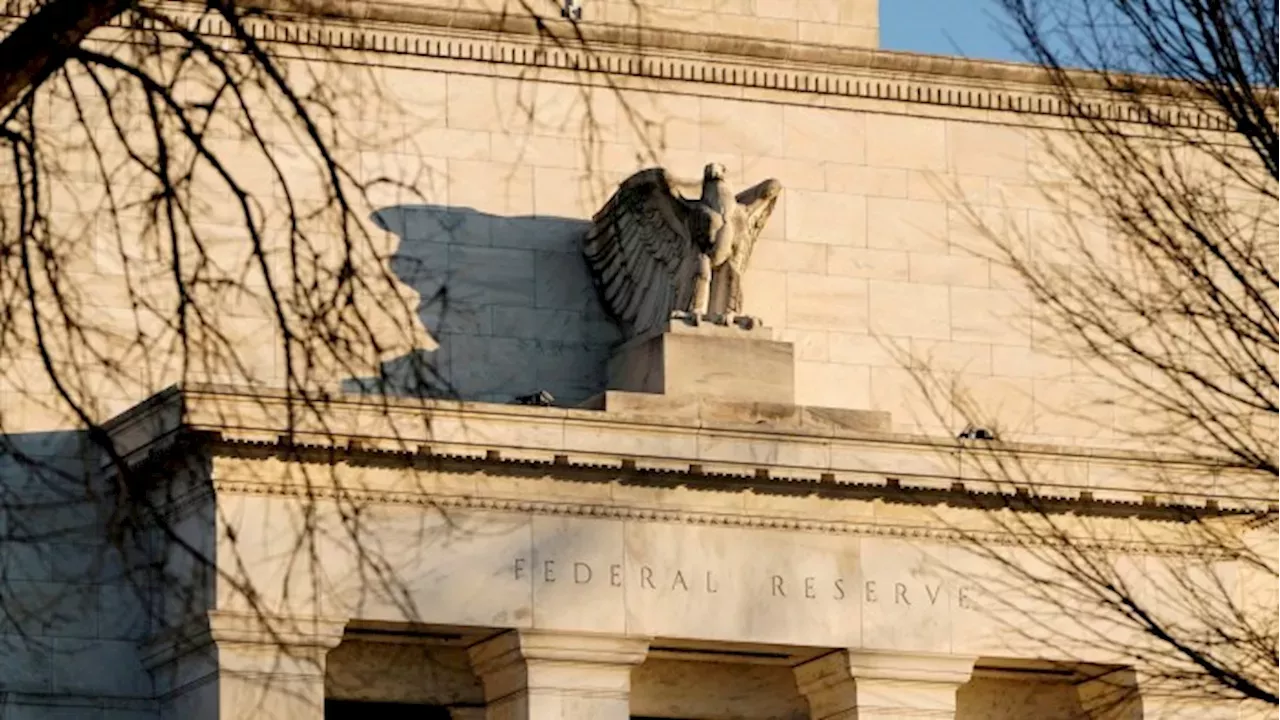US companies are defaulting on junk loans at the fastest rate in four years, as they struggle to refinance a wave of cheap borrowing that followed the Covid pandemic. Defaults in the global leveraged loan market — the bulk of which is in the US — picked up to 7.2 per cent in the 12 months to October, as high interest rates took their toll on heavily indebted businesses, according to a report from Moody’s. That is the highest rate since the end of 2020.
The rise in companies struggling to repay loans contrasts with a much more modest rise in defaults in the high-yield bond market, highlighting how many of the riskier borrowers in corporate America have gravitated towards the fast-growing loan market. Because leveraged loans — high yield bank loans that have been sold on to other investors — have floating interest rates, many of those companies that took on debt when rates were ultra low during the pandemic have struggled under high borrowing costs in recent years. Many are now showing signs of pain even as the Federal Reserve brings rates back down. “There was a lot of issuance in the low interest rate environment and the high rate stress needed time to surface,” said David Mechlin, credit portfolio manager at UBS Asset Management. “This could continue into 2025.” Punitive borrowing costs, together with lighter covenants, are leading borrowers to seek other ways to extend this debt. In the US, default rates on junk loans have soared to decade highs, according to Moody’s data. The prospect of rates staying higher for longer — the Federal Reserve last week signalled a slower pace of easing next year — could keep upward pressure on default rates, say analysts. Many of these defaults have involved so-called distressed loan exchanges. In such deals, loan terms are changed and maturities extended as a way of enabling a borrower to avoid bankruptcy, but investors are paid back les
